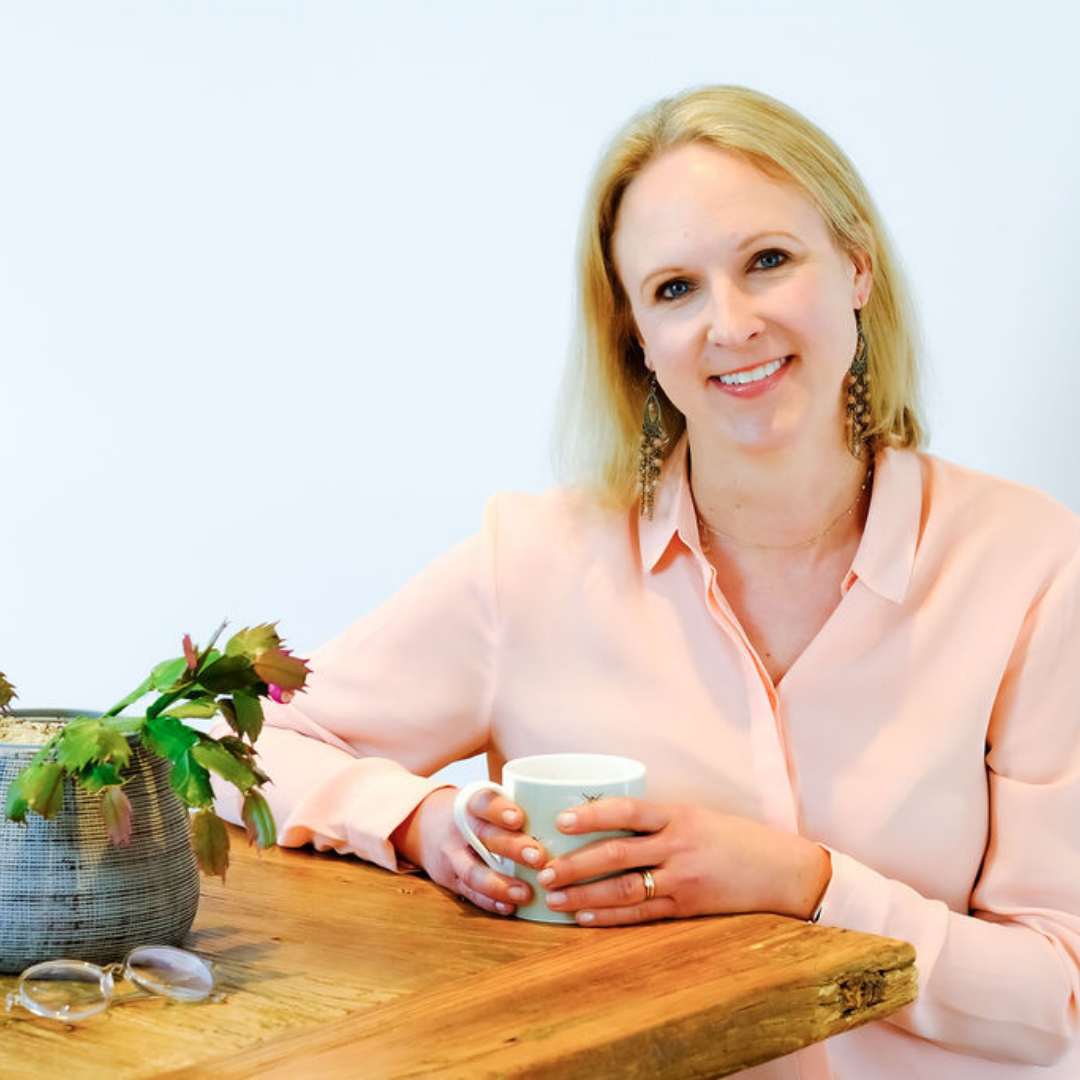Setting your major donor fundraising targets

Sometimes the pressure of budget setting for a fundraiser on top of everything else can be stressful. Although your charity needs to plan what might be raised next year, it can be easy to end the budgeting process having committed to a target or to phasing that you know isn’t achievable. Which can be hugely demotivating.
Because although major gifts can be transformational, they can also be a tricky customer when it comes to predicting how much will come in and when. After all, people’s personal financial circumstances that might mean they’ve sold some shares so can give a large gift, are out of your control. And if just one forecasted major gift doesn’t come in, you can easily be left with a large gap to target.
Despite this, I often see unrealistic hope and boldness with major donor predictions. There could be that one wealthy individual out there that you haven’t yet met, couldn’t there? They might be able to give £100,000 or more…. Let’s up the target by £100,000 then. I’ve known leadership and fundraising teams to add tens or hundreds of thousands of pounds to a major donor target in a flash.
When all the other income streams don’t add up to what your organisation needs for next year, it can seem a simple fix to add zeros to the major donor target.
A major donor fundraising target of £1.1m
The previous year’s income £85k
A charity with an 18 month old major donor fundraising programme.
This was how I started a role heading up a major gifts team over a decade ago. This was quite some growth that had been predicted -13 times more income in a year! I assumed (never assume!) or hoped there were opportunities and a pipeline behind the target. On further investigation, this wasn’t the case. Someone decided that major donor fundraising must mean millions of pounds of income.
With such an unachievable goal, the major donor fundraiser had, unsurprisingly, become demotivated. In my first few weeks on the job, with 3 months of the year to go, I had to report a significant risk to income.
We desperately want to raise more for our causes and often you will be able to through an effective major donor fundraising programme. It’s vital to identify new potential major donors (not from the Rich Lists!), and plan for some new major donors rather than just rely on the same donors giving again.
So how can we plan for this growth through exciting new opportunities but keep our feet on the ground with a healthy dose of realism?
Here are 5 top tips to having more confidence in your major donor budget:
1. Resist the temptation to just increase last year’s figure
You increase last year’s income by 50% — because you’d like to see 50% growth. This is a very quick way of setting a budget but it isn’t robust. Let your opportunities and your plans (see 2, 3, and 4 below) tell you what that growth figure should be.
2. Identify confirmed pledges
List your pledges and the value – major donor income that is 95%-100% likely to come in because of donor commitments or past giving behaviour. If you don’t have any or many pledges, consider multi-year asks to the right donors, so when you look at pledges in 12 months time, you’re not starting over again.
3. Build a pipeline of named major donor fundraising opportunities
Sound obvious? Many fundraisers use pipelines, especially for trusts and foundations. However, it’s amazing the number of organisations I work with that have major donor budgets without a pipeline behind them.
You can use your caseload/list of existing and potential major donors here but don’t just add a name of a “cold prospect”. Only include people who you know are high-net-worth and where there is some connection to your organisation. Some charities only include someone in their pipeline once they’ve met or had a conversation with them.
Estimate a gift amount for each person — this can be uncomfortable for those you know less well, but still include it. Although it may fee like a “guestimate” it’s a lot better than a top down budget figure being given to you. When you’ve added the estimated gift value, include the percentage likelihood of success. If for example, you estimated a £20k gift with a 50% likelihood, you have £10k going towards your budget.
4. Consider those major donors you don’t know
This is the trickier element – you might not want to limit your major donor fundraising programme just to those individuals already on your radar. You may have meetings coming up where you’re likely to get some introductions to new potential major donors. You might be investing in some wealth research. As your budgeting might be taking place 15 months out from the end of your next financial year, you could have time to develop some of these new relationships within the year and for some of those people to give.
However, it’s easy to let the hope and ambition edge up to unrealistic levels and you could end up adding extra zeros to your budget without basis. It’s a judgement call.
5. Educate and challenge
Some of you will have finance colleagues, your line manager or CEO who talk through your budgets & challenge you. And you may need to assertively challenge back when they propose significantly increasing your budget! Although this can feel like a negotiation or tussle, saying out loud why you’ve made certain decisions and discussing the judgements you’ve made is crucial. Particularly as the decision you make about one major donor could influence your entire target. It’s also vital for others’ understanding of major donor fundraising. The more you discuss the reality of working in your role the more you are building a culture of philanthropy E.g. by explaining the time it can take from identifying a potential donor to meeting with them, or sharing anecdotes of unpredicted major gifts coming in that didn’t bear any resemblance to the forecast! Because at the end of the day, we’re talking about humans and relationships – these can’t be accurately predicted. Although your organisation will want to budget, having others who understand the nuance of this income stream is vital.
6. Perfection isn’t possible with budgeting!
Did you smash your figure? You obviously weren’t ambitious enough! 🙄
Did you not manage to reach it? There’s a hole in income…
This may sound familiar. Don’t aim for complete accuracy, because it will never be possible.
DO aim for a budget that is looking for new opportunities, but one that you truly believe you and your team could achieve.

Louise Morris is the Founder of Summit Fundraising. She is a major donor fundraising specialist and has worked with over 200 charities helping them raise large gifts.
